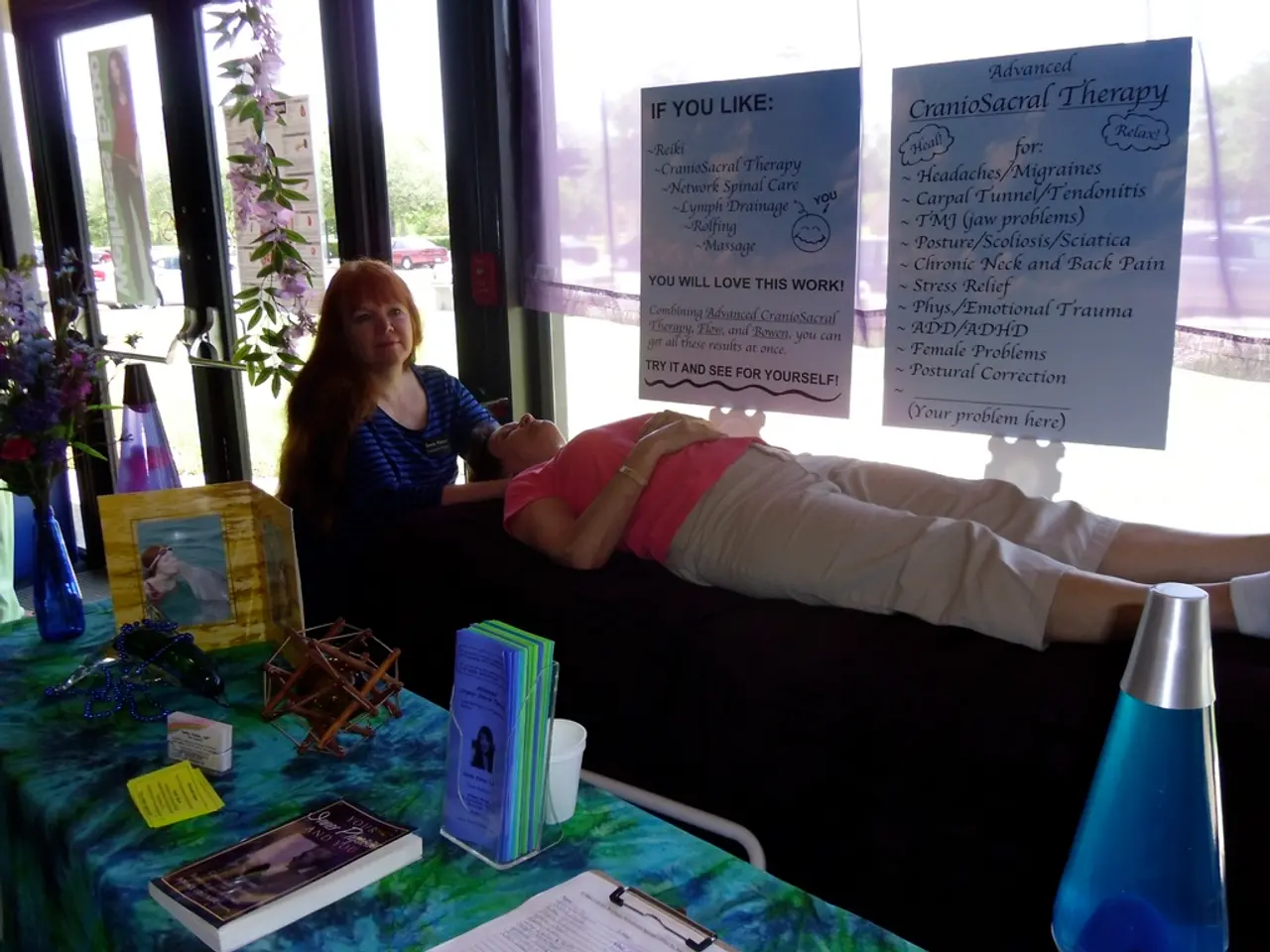Guidance on Handling Suicidal Individuals | Suicide Assistance Discourse
In a recent seminar, Maltese psychotherapist Mr. Charles Cassar guided participants through the essentials of suicide intervention, aiming to equip professionals with the tools needed to support clients experiencing suicidal ideation. The event, reintroduced by our website following its success in 2015, fostered a more informed, compassionate approach to suicide prevention.
The seminar promoted a holistic approach to suicide prevention across professional care systems, emphasizing the importance of ongoing education and collaboration within the mental health field. It aimed to normalize suicide-related dialogue within professional practice to reduce stigma and increase early intervention.
Participants gained valuable insights into supporting families affected by suicidal thoughts or loss, as well as emotional resilience in their work with suicidal individuals and their support systems. They also analysed cases and practised effective methods for supporting suicidal clients, refining their assessment techniques and enhancing empathy.
One of the key clinical tools emphasized during the seminar was the Collaborative Assessment and Management of Suicidality (CAMS) framework. This research-supported, flexible therapeutic framework guides clinicians through suicide-specific assessment and treatment by collaboratively identifying and addressing the drivers behind suicidal thoughts, creating an individualized risk management plan, and instilling hope to reduce risk.
Other common clinical practices included suicide risk screening and severity assessment tools, personalized safety planning, brief counseling, and offering outpatient or community referral resources. Standardized clinician self-report measures of practice use, such as the KAEP, were also highlighted. Comprehensive risk assessment toolkits were presented to aid behavioral health clinicians and social workers in conducting effective risk assessments.
Early and frequent screening is emphasized in clinical guidelines, particularly in pediatric and adult populations, supported by practical strategies around managing suicidal ideation and follow-up planning. Emerging tools, such as AI-augmented methods, are also being explored to enhance suicide risk stratification and support clinicians’ decision-making.
Attendees left the seminar with practical skills, greater confidence, and enhanced empathy when supporting individuals affected by suicidal ideation. They also gained a deeper understanding of suicide among the Gifted and essential prevention strategies in practice. The seminar addressed the devastating emotional impacts of suicide on both survivors and the families left behind after tragic events, emphasizing the importance of reflecting on suicide in practice and promoting conversations on practitioner wellbeing.
In Malta, statistics indicate that between 2 to 5 individuals complete suicide each month on average. For every completed suicide, approximately 20 individuals attempt to take their own lives. The seminar focused on equipping participants with tools for safer, more effective therapeutic interventions, providing practical tips for managing interactions with suicidal individuals and their families.
Through collaboration, attendees discussed real cases and developed strategies based on empathy, strengthening their ability to support clients experiencing suicidal ideation and reducing the stigma surrounding suicide-related dialogue within professional practice. The seminar served as a valuable opportunity for professionals to deepen their skills and develop confidence in working with suicidal clients, contributing to a safer and more supportive mental health landscape in Malta and beyond.
The seminar highlighted the crucial role of science and evidence-based practices in mental health, as evidenced by the adoption of tools like the Collaborative Assessment and Management of Suicidality (CAMS) framework. This event also underscored the importance of health-and-wellness within the mental-health field, promoting a more empathetic approach to clients experiencing suicidal ideation and their families.




